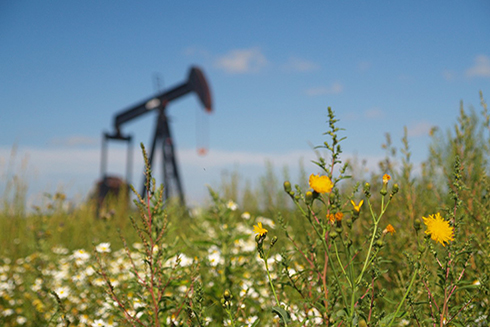News
News Articles
Viewing items with Category: All Categories, Year: All Years

CMPS Study Examines Impact of Sea Level Rise on Vessel Navigation in Tampa Bay
The study found that conditions of slow or near-zero currents required for some critical vessel maneuvers will increase with increasing mean water depth.
February 17, 2020News

eDNA Used to Track Marine Biodiversity Over Time in a Research First
Environmental DNA (eDNA) analysis is an emerging tool that holds promise for global biodiversity monitoring and conservation efforts.
February 7, 2020News

Ironing out the Complexity of Phytoplankton-Iron Interactions
Dr. Kristen Buck, USF CMS Associate Professor, and CMS graduate student Travis Mellett were coauthors on a recent publication in the Annual Review of Marine Science.
February 6, 2020News

Deepwater Horizon: 10 years later
Top 10 takeaways from international conference.
February 4, 2020News

CMPS Personnel Attend Salute to US Coast Guard
The event was sponsored by the International Propeller Club, Port of Tampa, The Tampa Council, Navy League of the United States and the Coast Guard Foundation, and included recognition of currently serving Coast Guard members, reservists, and auxiliary.
January 28, 2020News

Advancing Ecosystem Science in St. Pete
The USF College of Marine Science hosted a series of events in December to help advance ecosystem science and ecosystem-based fisheries management.
January 6, 2020News
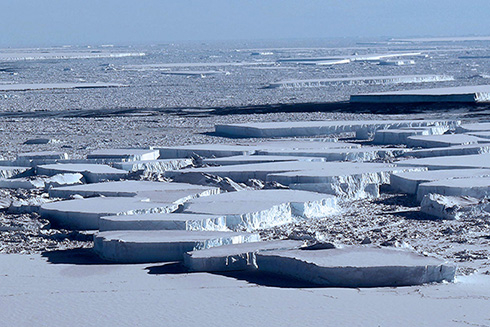
New iron release pathway discovered in Antarctic sediment core study
Iron is important for plant-like algae that form throughout the world’s oceans, taking carbon dioxide from the air to form organic matter which can sink to the bottom of the ocean and be buried in ocean floor sediments.
December 21, 2019News
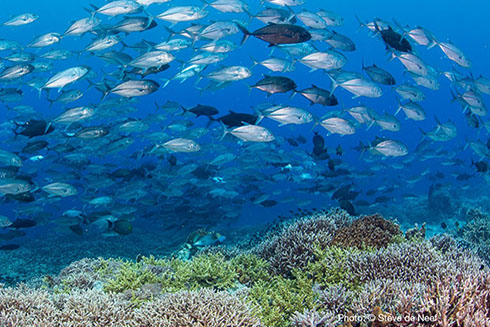
Ocean Running Low on Oxygen
USF CMS professor, Dr. Brad Seibel, co-authors the latest IUCN report covering ocean deoxygenation
December 12, 2019News
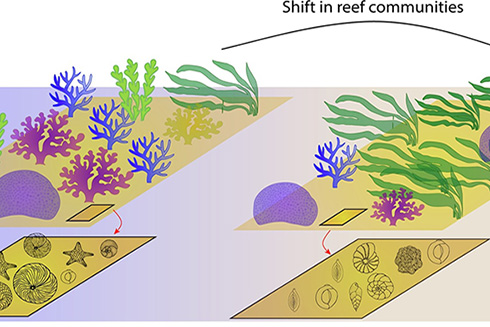
Forams: Small but Mighty Water-Quality Indicators
A study reported recently in Environmental Pollution outlines the strengths and limitations of the FI, which was first developed based on studies in the Atlantic and Caribbean.
December 11, 2019News
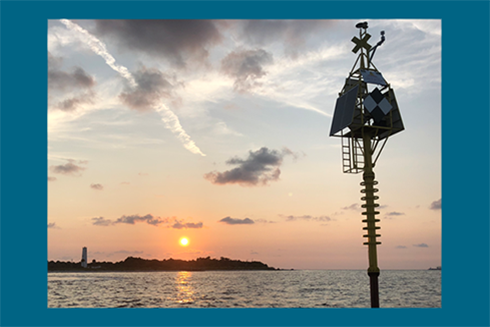
USF Geoscientists Develop Technology to Improve Forecasting of Earthquakes, Tsunamis
Prototype has been tested off Egmont Key, potential uses could span the globe
November 21, 2019News
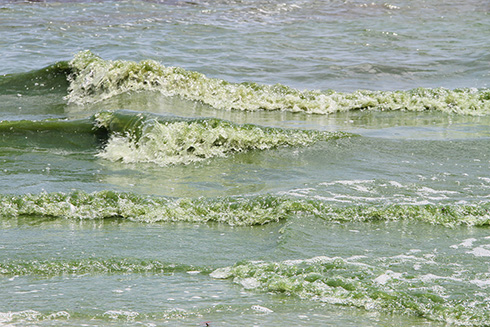
NASA-Funded Project Spurs New Collaboration to Better Understand Recent South Florida Blue-Green Algal Blooms
University scientists team up with water management agency in a NASA-funded project to improve our understanding of cyanobacteria blooms using state-of-the-art remote sensing, models, and field surveys.
November 20, 2019News
